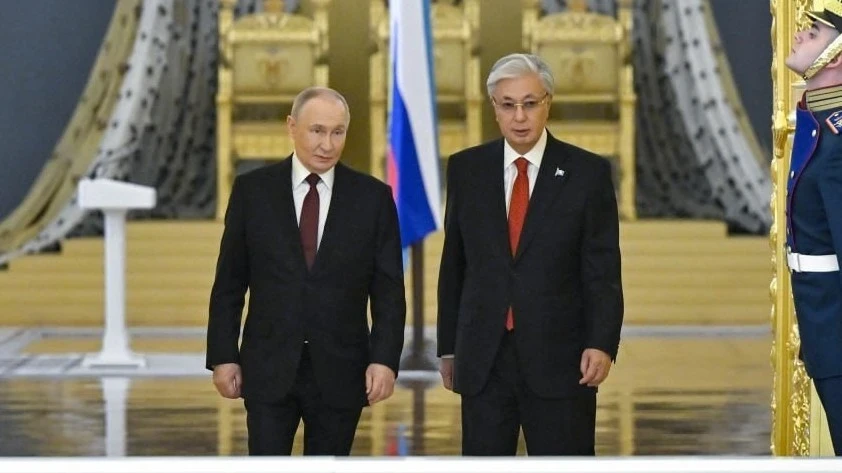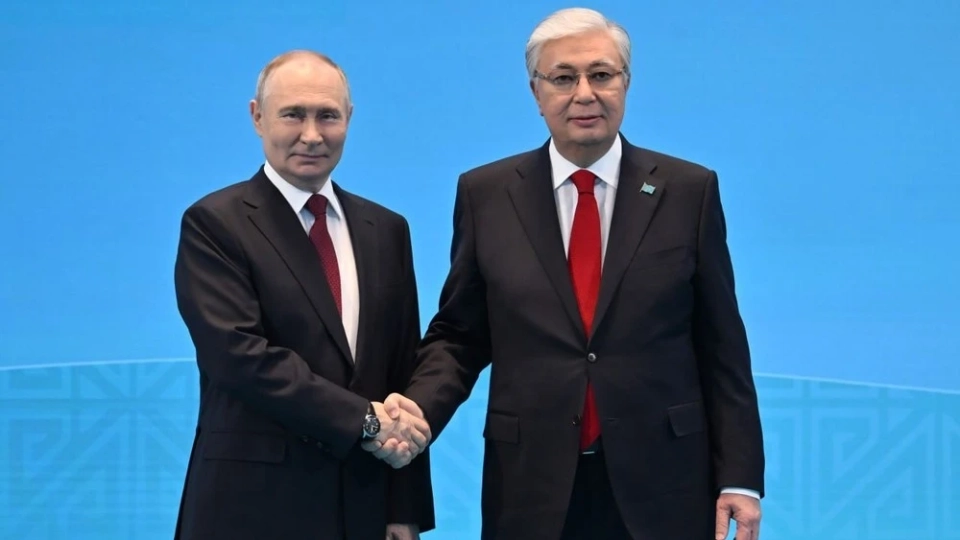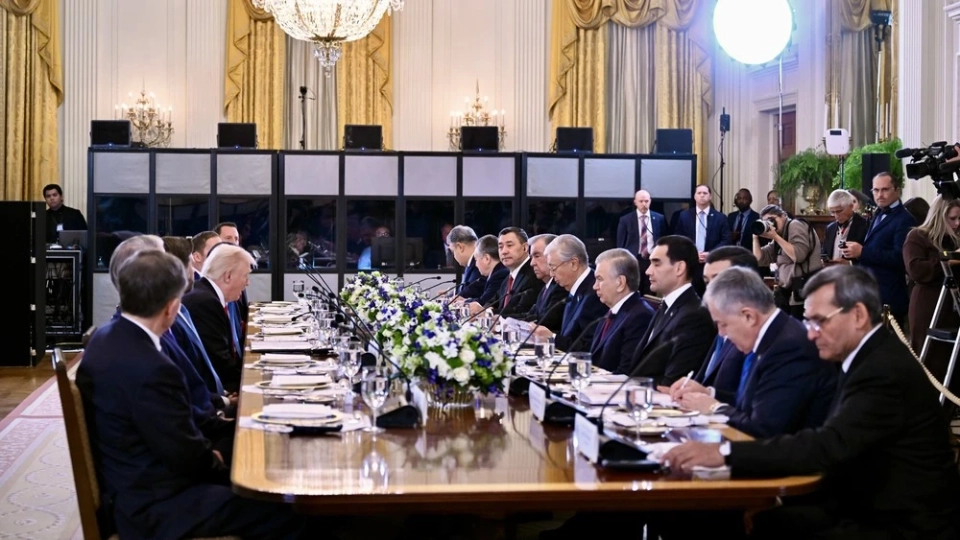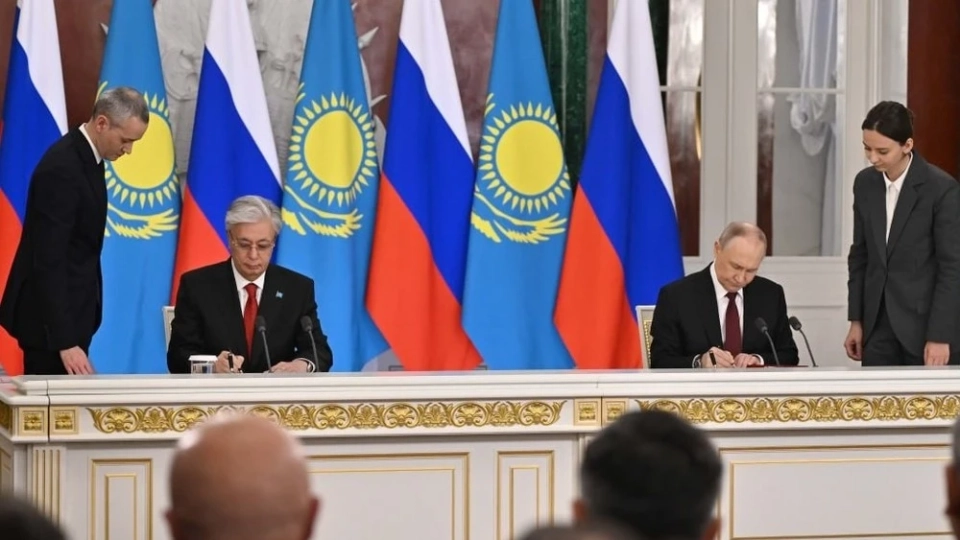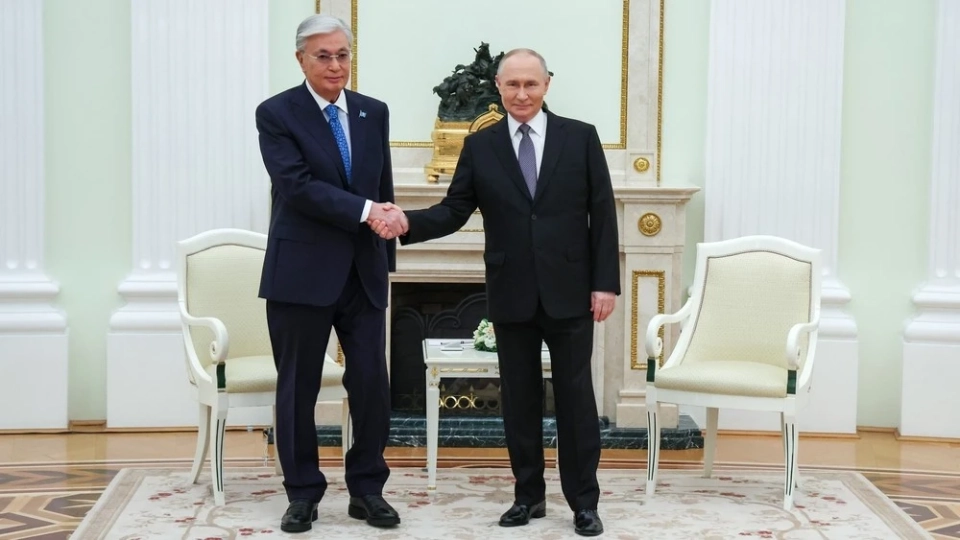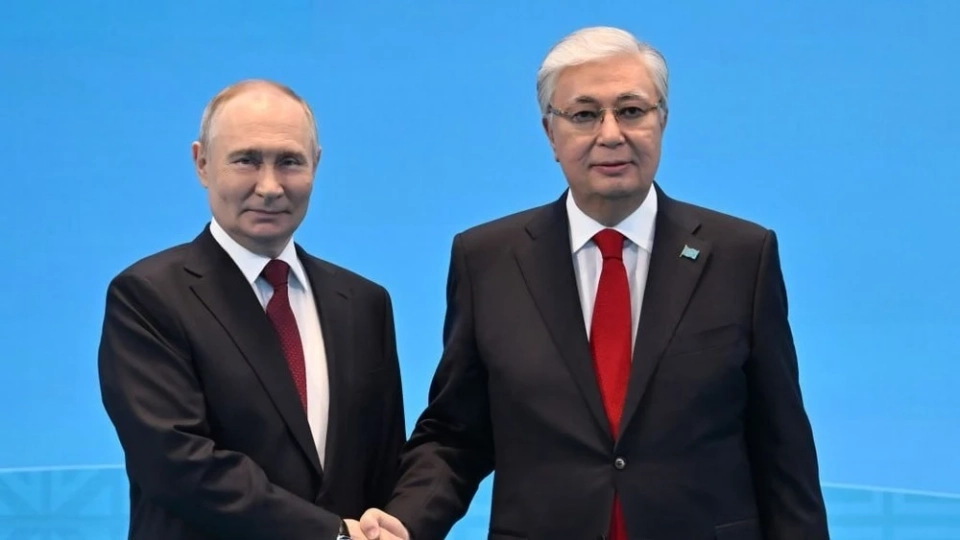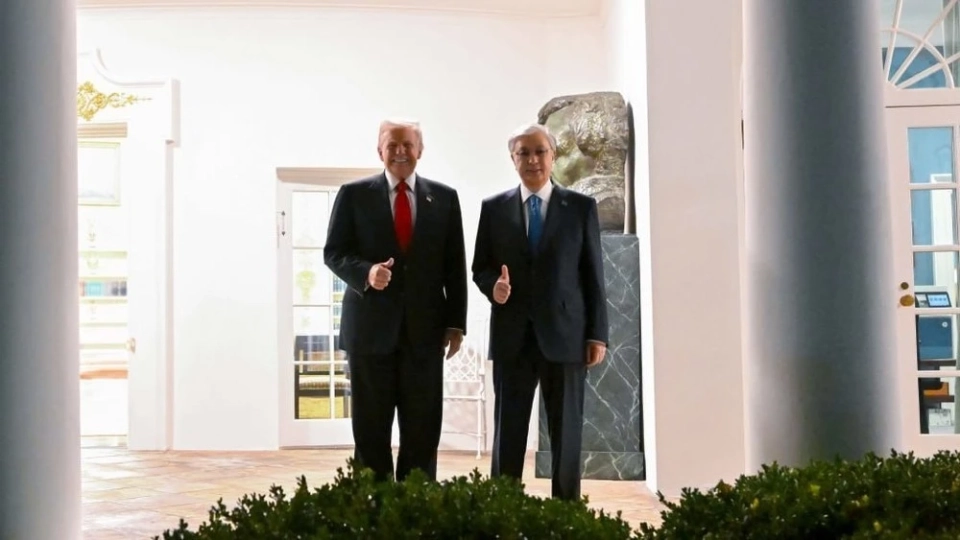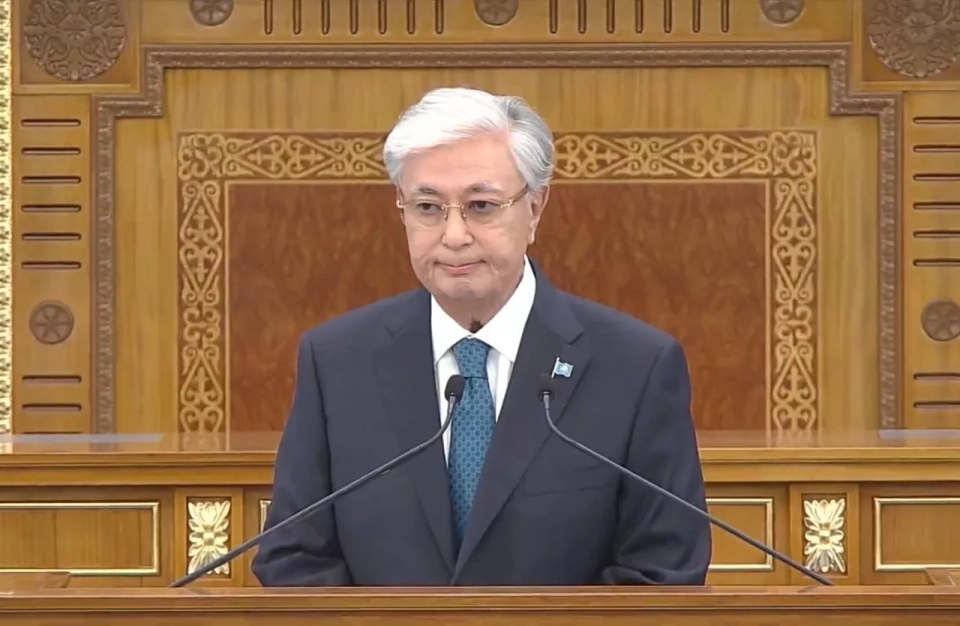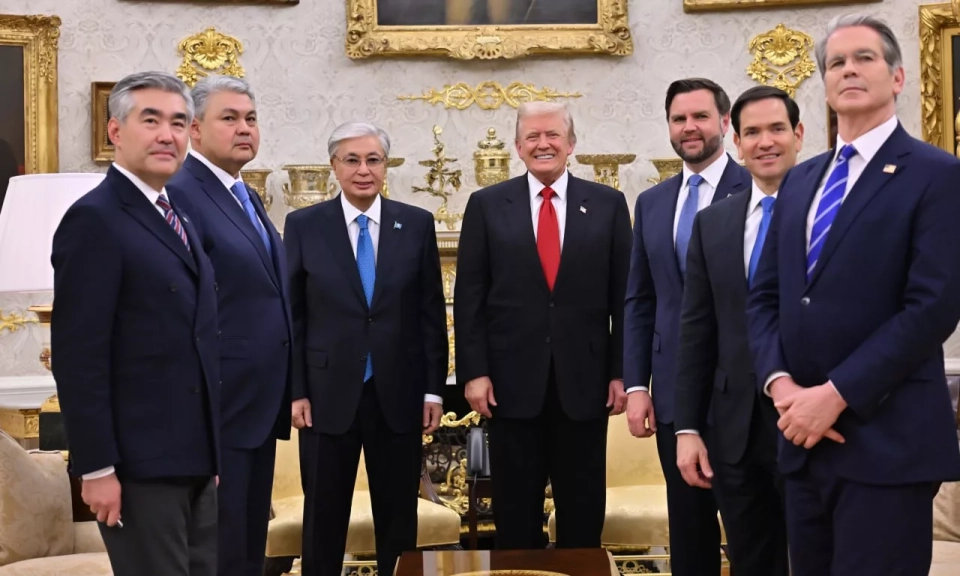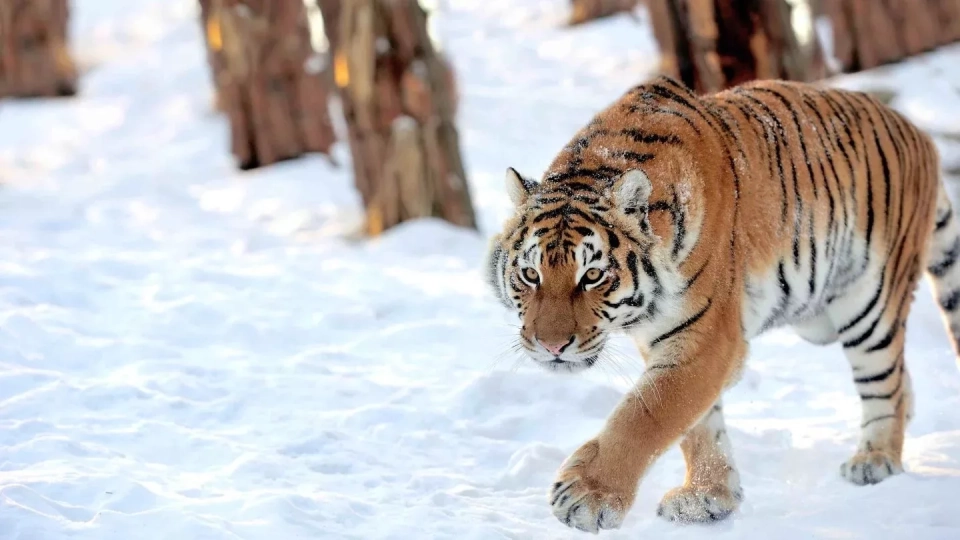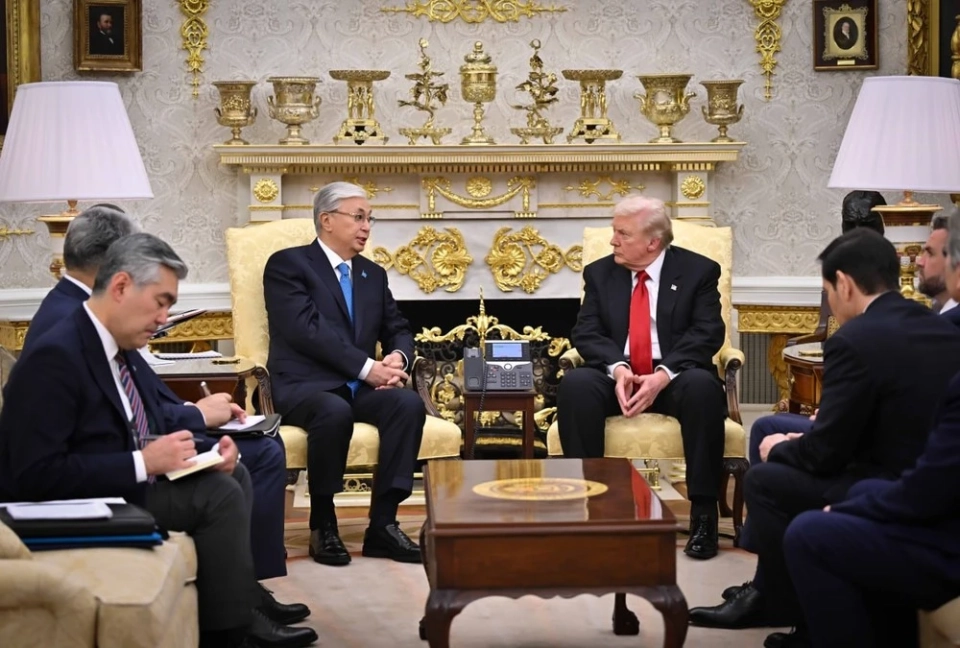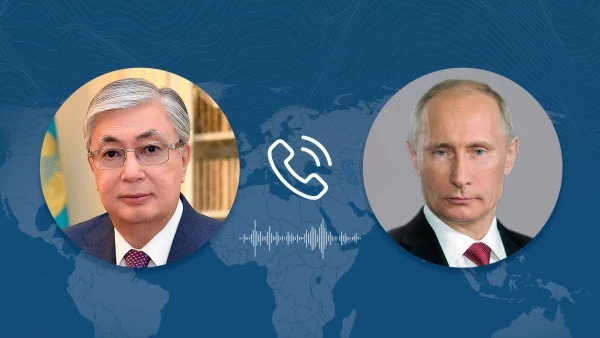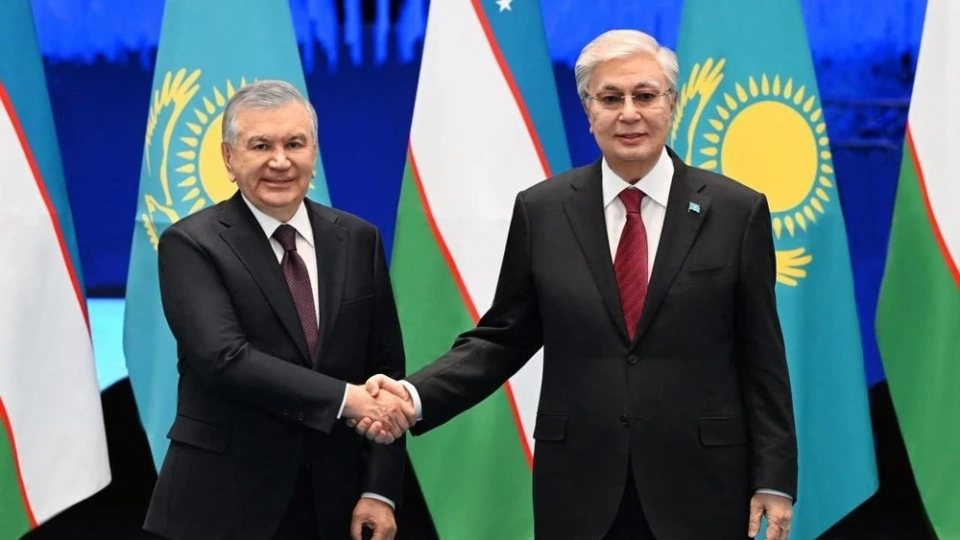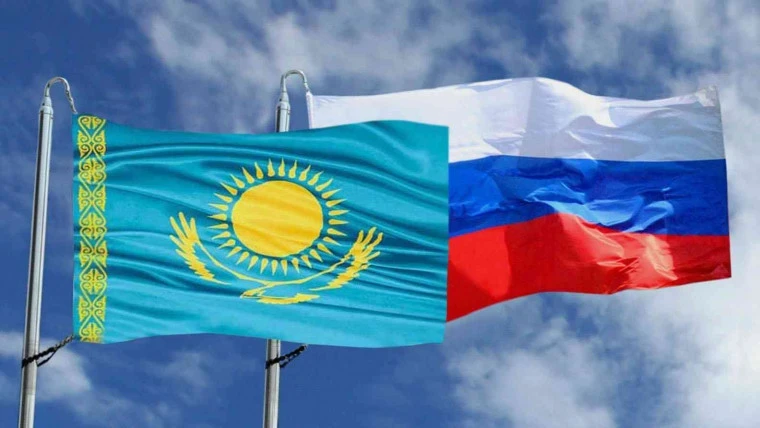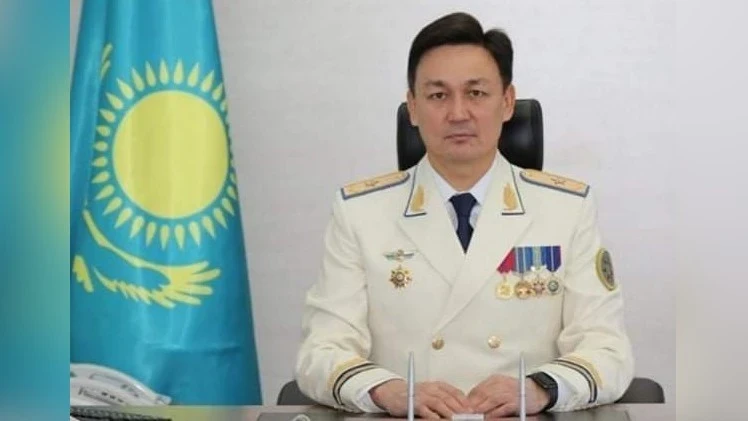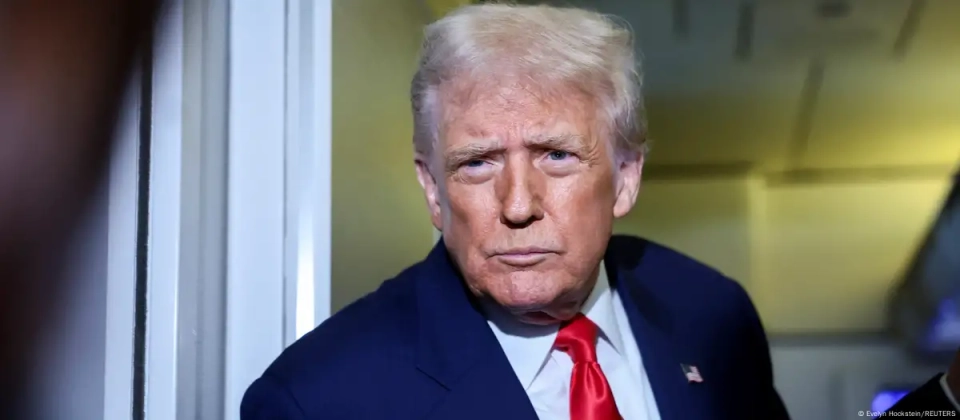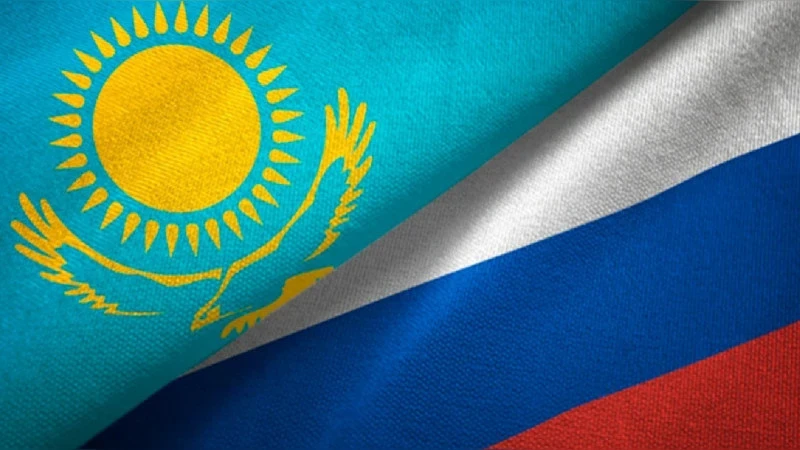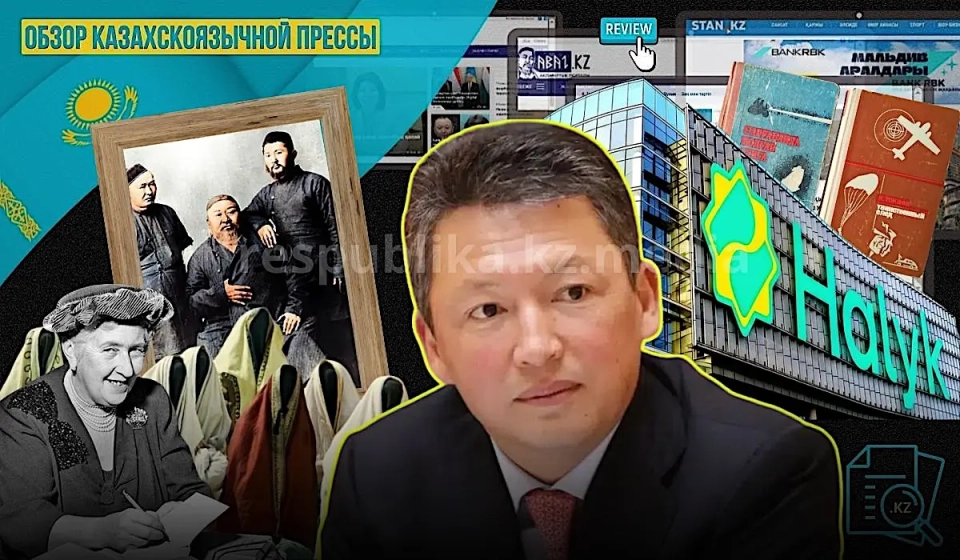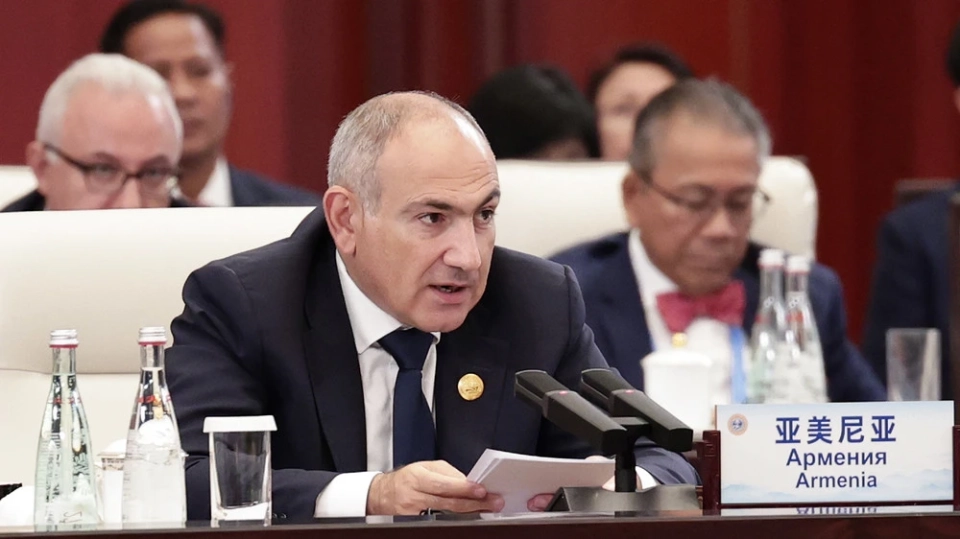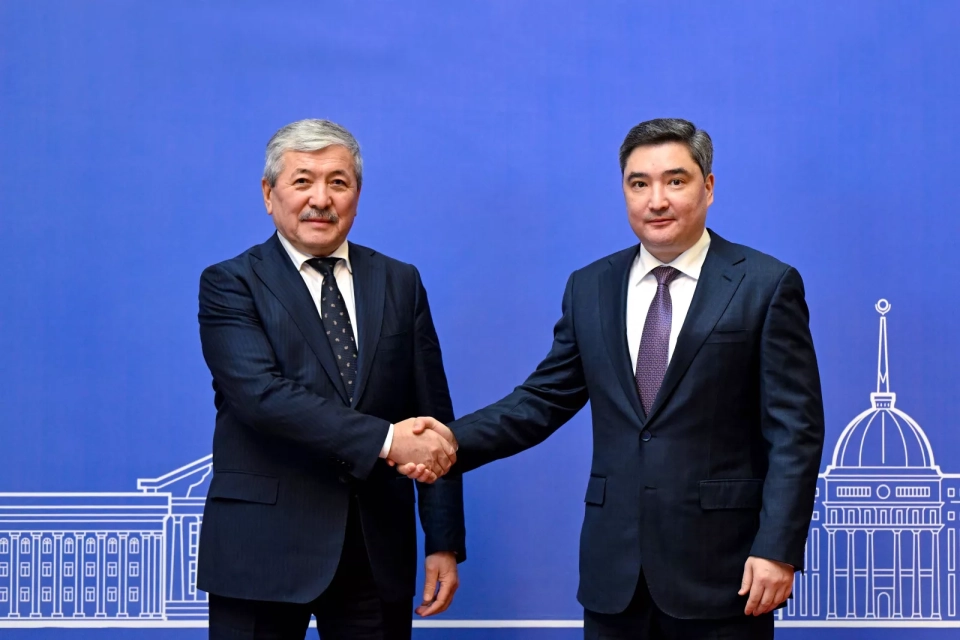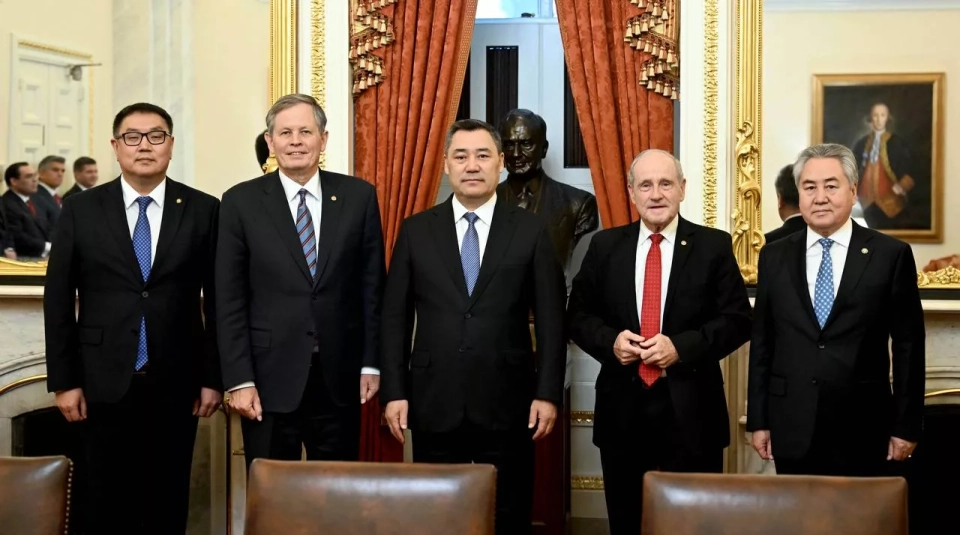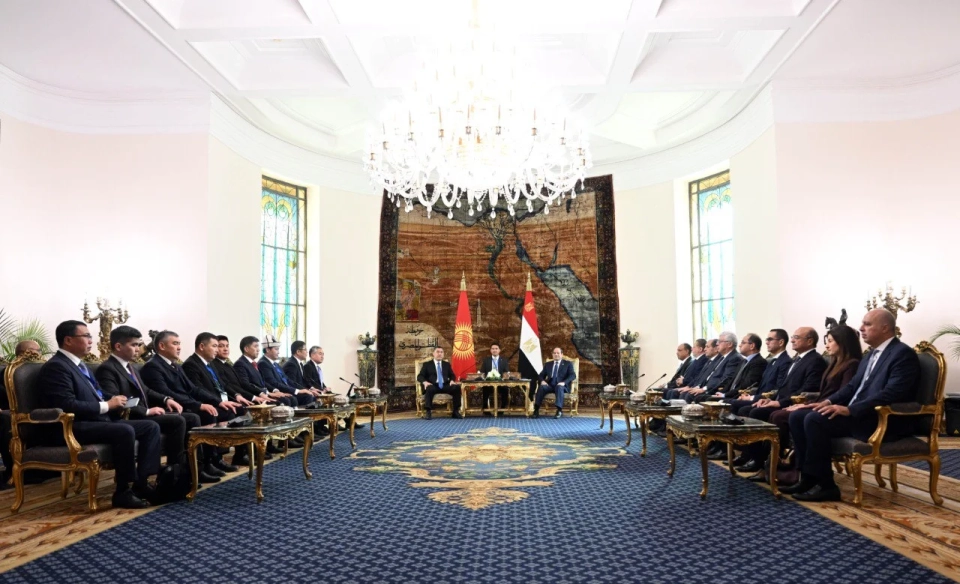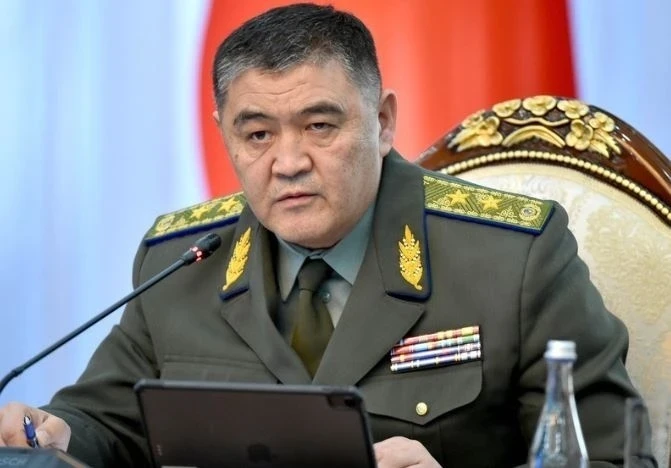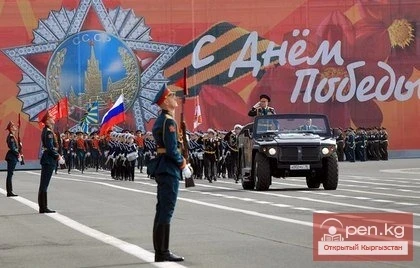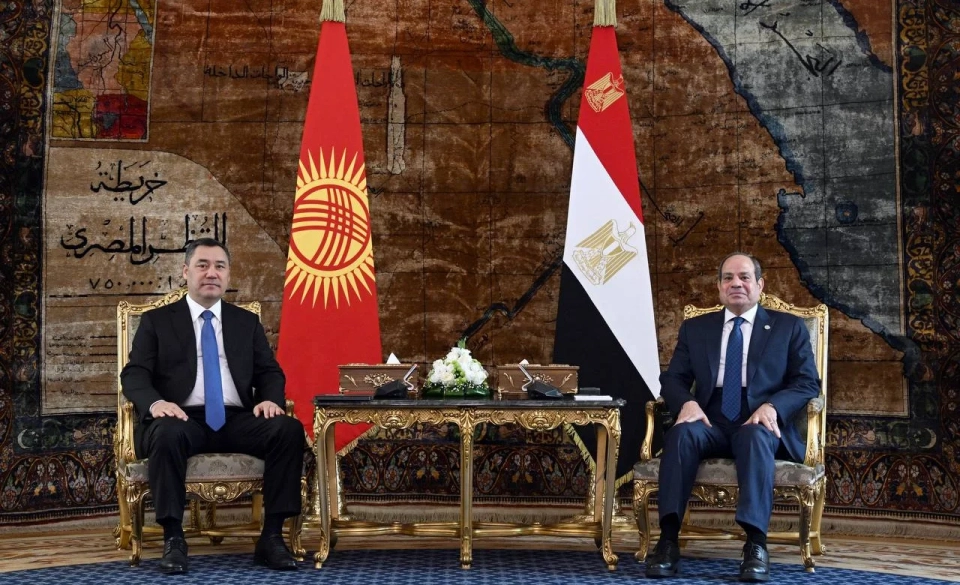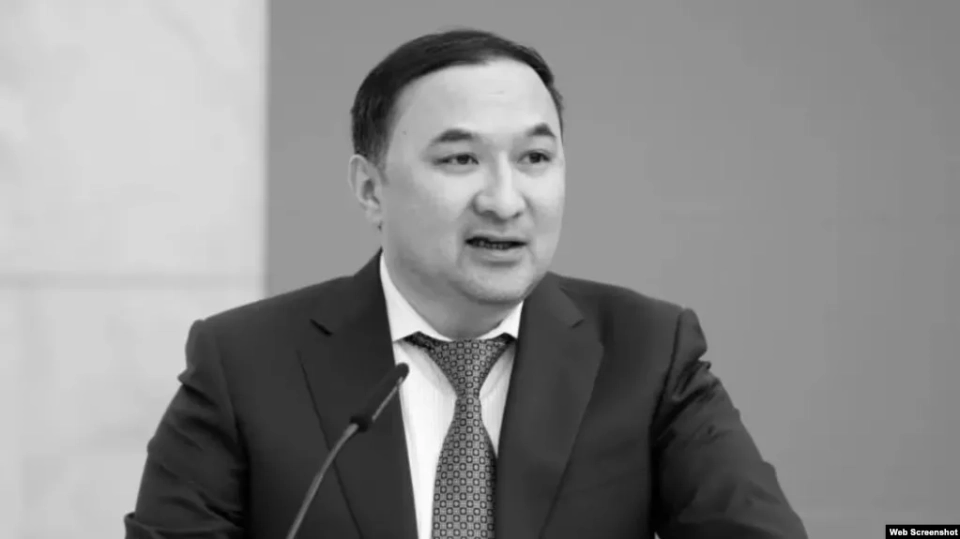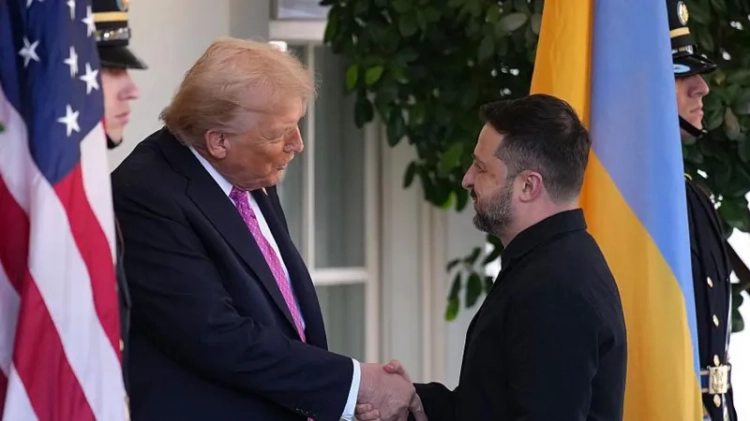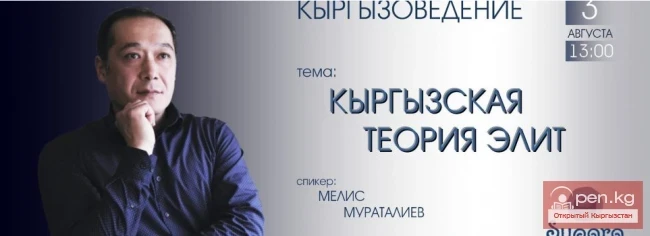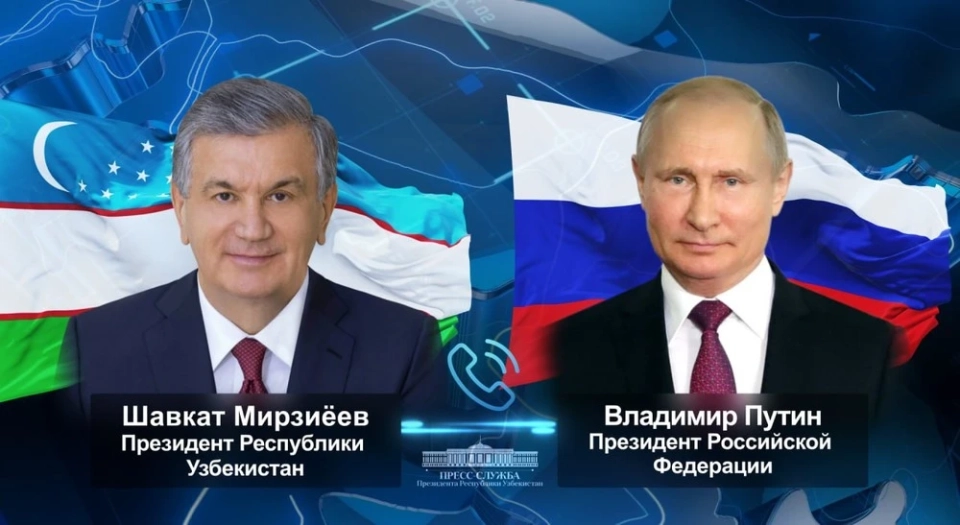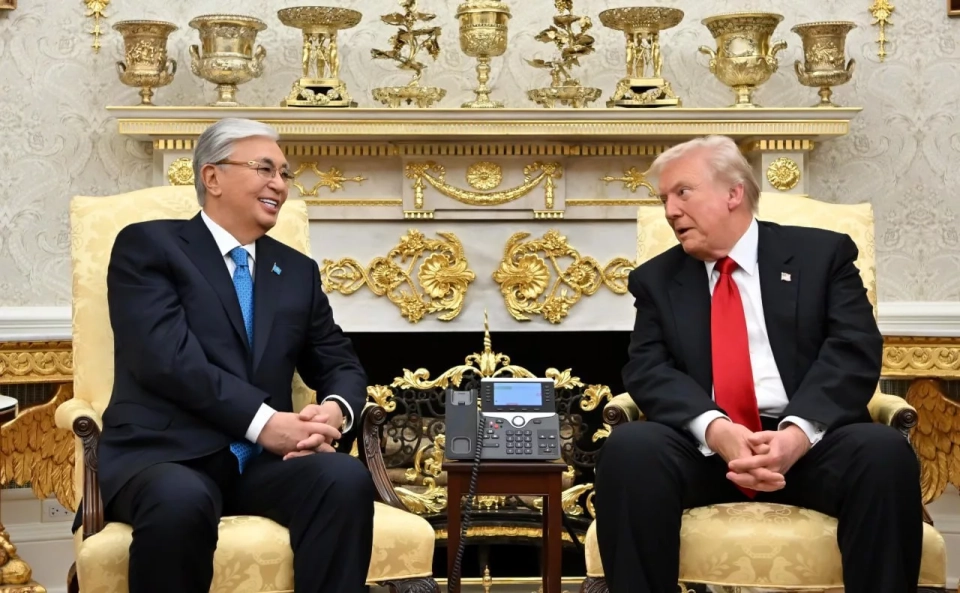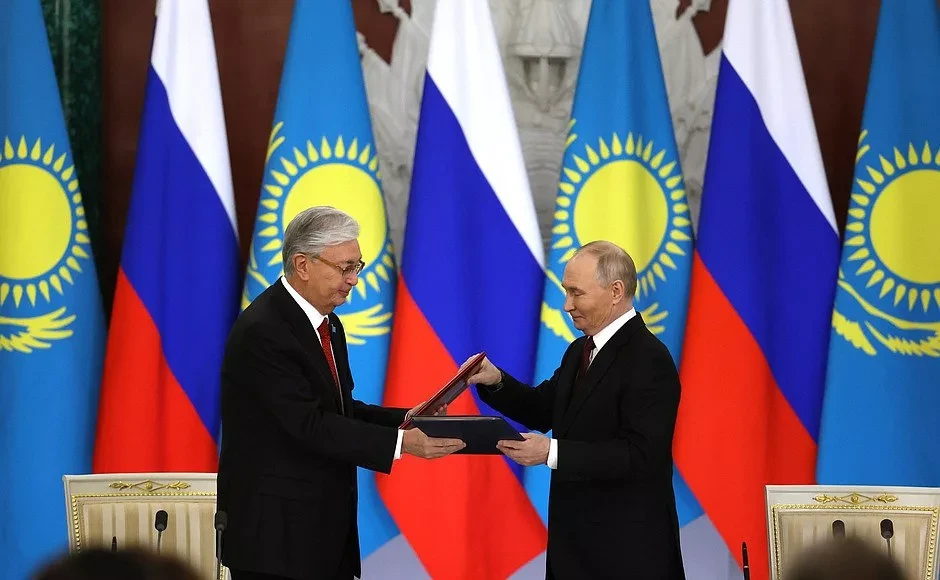
In his analysis of Tokayev's visit to Moscow, Maksat Nurpeisov writes.
Arkady Dubnov, an experienced researcher of Central Asian elites, noted that Tokayev's visit to Moscow after his trip to Washington was not unexpected. He pointed out the necessity of a personal conversation without witnesses to convey important signals. After informal negotiations at the Kremlin residence, Dubnov noted that Tokayev, addressing Putin, mentioned his desire to share observations "as with a senior comrade." This phrase, which did not make it into official communications, was preserved on the Kremlin's website, emphasizing the importance of relations between the two countries.
This moment is crucial for understanding Tokayev's visit, which, while in Washington, could have appeared as a "dominant" figure, whereas in Moscow his position was entirely different. Putin, in turn, showed generosity in compliments and gestures of goodwill towards the Kazakh leader. In Kazakh social networks, the title "His Excellency" for Putin, which was used in Astana, was discussed, but reciprocal measures in Moscow were taken for granted, aligning with international protocol.
Tokayev tried to create a positive impression on Russian partners, at times this seemed even excessive. He expressed gratitude to the Speaker of the Federation Council, Valentina Matviyenko, for past joint work when he was the head of the Senate. Tokayev also repeatedly emphasized the "historical significance" of his visit, although his facial expression indicated that he was aware that these ceremonies do not open new horizons but rather consolidate existing ties.
Of the 14 signed documents, only two agreements can truly be considered new — on the implementation of artificial intelligence and on the import of Ussuri tigers to Kazakhstan. The other topics, such as increasing trade turnover to $30 billion, the construction of the first nuclear power plant, and personnel training, had already been discussed previously.
As for the key document signed in Moscow, it confirms that the relations between the two countries are not just partnership-based but "comprehensive." This signing is more of a political gesture towards the West, especially in light of relations with Trump. As political scientist Eduard Poletayev noted, this document records the parties' desire for more systematic cooperation in various fields. This underscores the high potential of this act, although in practice its results may prove to be less impressive.
This raises the question: what is truly groundbreaking about Tokayev's visit to Moscow? In this context, one can agree with his assessment of his trip as "historic."
Despite all the discussions, the $17 billion brought from across the ocean may exert pressure on the Russian leadership. Tokayev managed to demonstrate a high level of diplomacy, reminiscent of Nursultan Nazarbayev's style, who skillfully managed his relations with both Moscow and Washington.
In Moscow, Tokayev employed the proven methods of his predecessor, highly praising Putin and preceding his visit with an article in "Rossiyskaya Gazeta." Indeed, compliments have become an essential tool in modern diplomacy, sought after both in the Kremlin and the White House. For Kazakhstan, as a country with developing diplomacy, this quality will continue to be beneficial.
